Table of Contents
ToggleGiven the publicity surrounding the impeachment trials of Bill Clinton and Donald Trump, one could be forgiven for thinking that this process is reserved solely for the highest office in the land.
However, impeachment doesn’t just apply to the president, but to all civil servants of the United States.
What are the four legal reasons for impeachment?
Article II, Section 4 of the United States Constitution states that they are treason, bribery, high crimes, and misdemeanors. Sometimes, the latter two are referred to as one category, written as “other high crimes and misdemeanors.”
Section 4 came about when the Constitutional Convention revised the grounds for impeachment and took a vote, opting to replace the more vague term of “maladministration.”
Impeachment in the United States Government
For a president or other servant to be impeached, they must be officially charged with an impeachable offense and convicted in Congress.
Once the House charges an official, impeachment proceedings move to the Senate for trial. If the House charges and the Senate subsequently convicts the official, he or she will be removed from office.
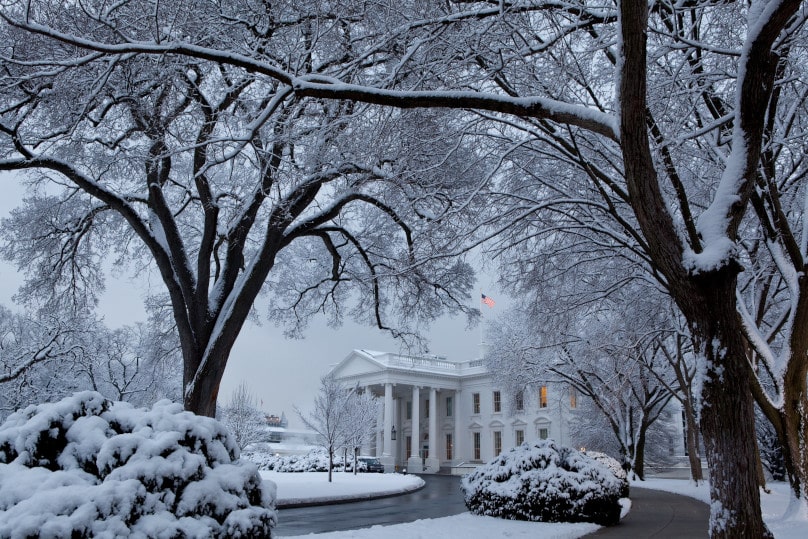
Four Reasons For Impeachment
Treason
One of the most serious crimes a United States official can be convicted of is treason. Legally, treason is defined as aiding enemies or “levying war” against the United States.
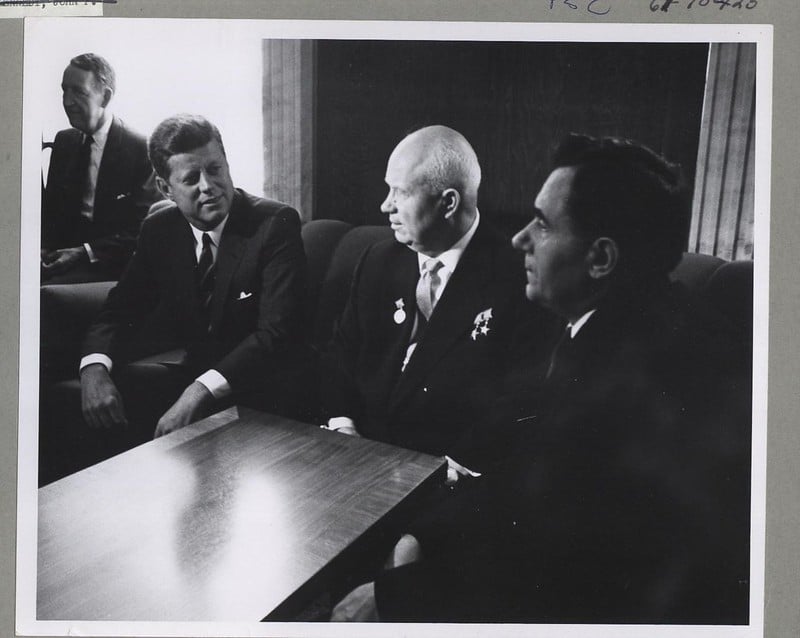
An official convicted of treason (or any United States citizen, for that matter) can receive the death penalty.
Tomoya Kawakitan was convicted of treason against the United States in 1952 for acts carried out against the nation during World War II in Japan.
Although sentenced to death, he was eventually released on the order of President John F. Kennedy in 1963 and deported to Japan.
Bribery
Bribery is defined as the offering of goods or financial incentives to an individual in office as a means of influencing their decision.
For a president, this might mean paying off a Supreme Court judge to alter their opinion or a senator to change their vote in favor of their agenda.
Bribery creates a corrupt, unstable environment in government and infringes upon the rights of the people. Therefore, it is one of the grounds for impeachment.
High Crimes
When drafting the impeachment article of the United States Constitution, the Constitutional Convention went back and forth on what term to use to describe any other miscellaneous crimes that an official may be impeached for.

The term “maladministration” was raised but rejected because it was too broad. Instead, the joint term “high crimes and misdemeanors” was deemed more suitable.
While it isn’t outright defined as to what high crimes refer to, some suggest it could be akin to a felony charge, which would make sense considering it’s paired with a misdemeanor.
Misdemeanors
In most contexts, a misdemeanor is a lesser charge. Sometimes, it doesn’t even result in jail time but rather a fine or community service. Still, certain misdemeanors might just cost a public official their office.
For instance, some drug charges are misdemeanors, despite having severe implications. A drug charge, DUI, or perhaps theft can all be serious charges against a public official’s character and competency.
To determine what crimes are eligible for impeachment, the House must move to impeach the official.
Presidents Who Were Impeached
Only three presidents in United States history have ever been impeached.
Despite this, none have ever been convicted. The three are President Andrew Johnson (1868), President Bill Clinton (1998), and President Donald Trump (2019, 2021).
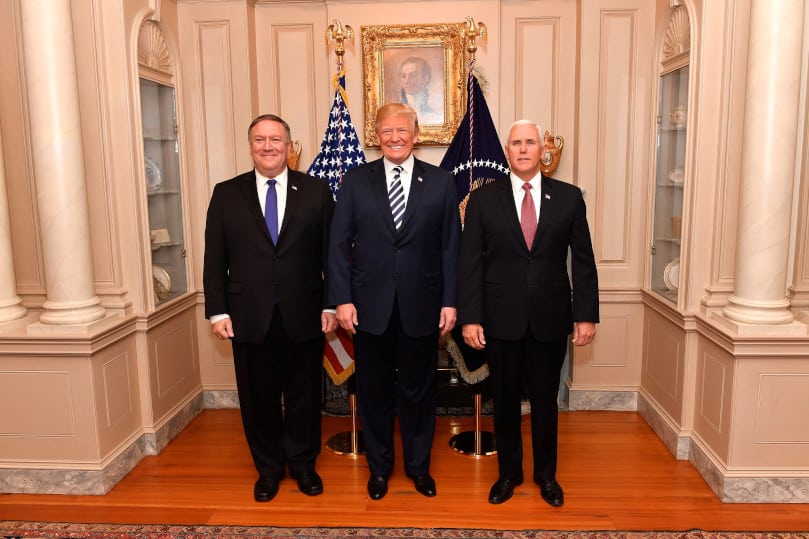
President Andrew Johnson
Andrew Johnson’s impeachment was an intriguing spectacle in Congress. Johnson’s combative behavior led to escalating tensions with officials in DC, especially over the fact that Johnson would attempt to dismiss officials below him without seeking prior approval from Congress.
After legislative attempts to curb Johnson’s power failed, the House moved to impeach him. The House succeeded in bringing charges, and the vote moved to the Senate, where it failed by just a solitary vote.
President Bill Clinton
President Bill Clinton was the second president to face impeachment. The grounds for his impeachment were a lawsuit by a former employee that accused him of sexual harassment.

In addition, it also came to light that President Clinton had been having an affair with a former White House intern, Monica Lewinsky, despite his publicly denying this several times.
The House charged Clinton with perjury and obstruction of justice. The trial moved to the United States Senate, where the impeachment fell short.
President Donald Trump
President Trump was first impeached in December 2019 for obstruction of justice.
He was famously charged with inciting an insurrection on the United States Capitol in January 2021 for his second impeachment. Trump was acquitted on both occasions.
(Go and read: Why Impeach a Former President? )
Other Civil Officers Under the Microscope
Gabriel Thomas Porteous Jr.
Impeachment isn’t exclusive to presidents.
Federal judges, senators, and representatives can all be impeached. Gabriel Thomas Porteous Jr. of Louisiana was the most recent United States official to be impeached outside of the executive branch.
Porteous was a United States district court judge when he was accused of accepting bribes and making false statements. He was found guilty of both charges. This meant that he was removed from office, in addition to being barred from ever holding office again.
John Pickering
Most impeachment cases in United States history have had something to do with bribery, abuse of power, or other serious crimes.
However, lesser crimes can still result in removal from office if they interfere with an individual’s ability to carry out their duties. Such is the case with judge John Pickering.
In 1803, John Pickering was accused of drinking on the job and being intoxicated while on the bench. In addition, he was also accused of unlawfully handling property claims.
While this crime is minor, it holds major repercussions for a person with such great responsibility. As a result, John Pickering was impeached and removed from office.
Maintaining the Equilibrium of the United States Government
Impeachment is a concept that exists in numerous nations. It is necessary to hold officials accountable and prevent those in power from abusing it. While impeachment is rare for all branches of the government, it is an important check against unrestrained power.

Get Smarter on US News, History, and the Constitution
Join the thousands of fellow patriots who rely on our 5-minute newsletter to stay informed on the key events and trends that shaped our nation's past and continue to shape its present.
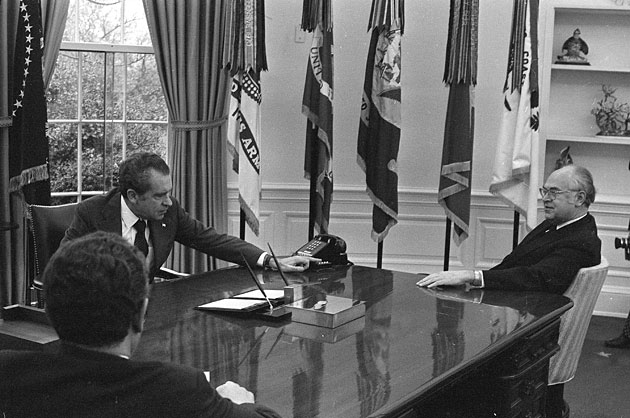
No United States president has ever been successfully convicted and removed from office. Not even President Donald Trump, who was who faced impeachment proceedings twice.
It’s important to note, however, that some individuals facing an impeachment trial resigned before ever meeting their fate, as was the case of President Richard Nixon.
President Nixon resigned as impeachment proceedings got underway after the Watergate scandal emerged and threatened to derail his second term in the White House.
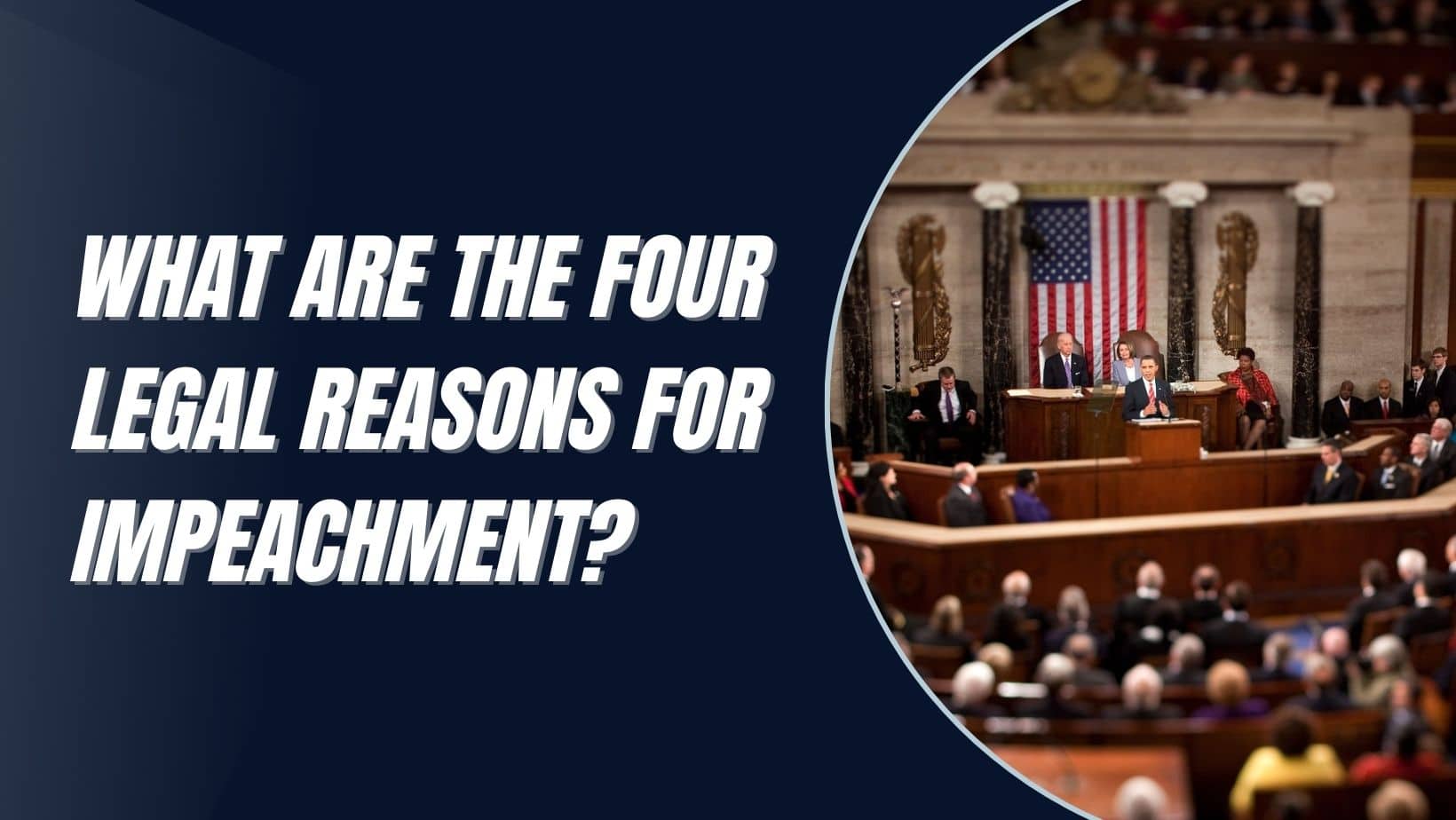
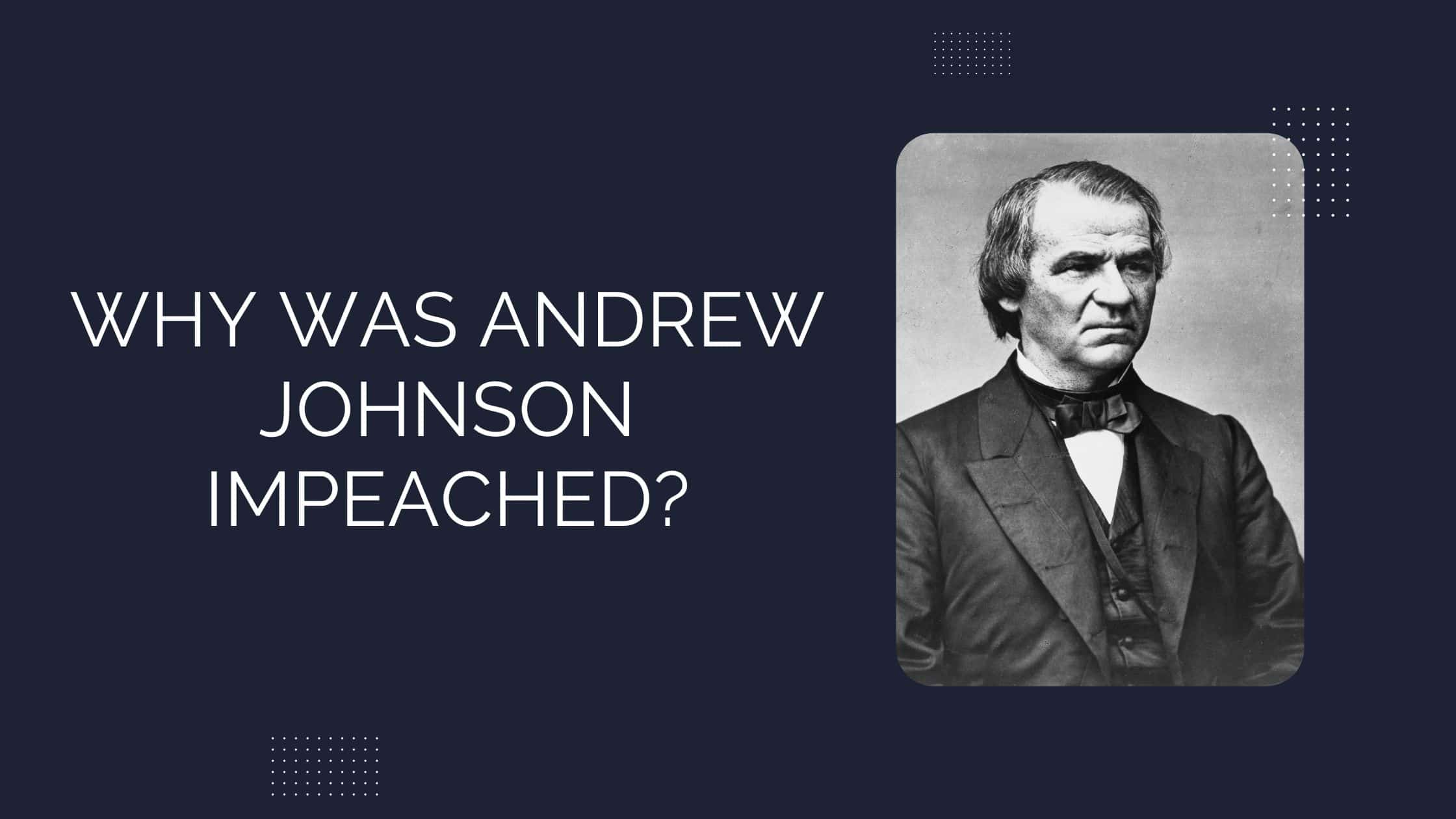
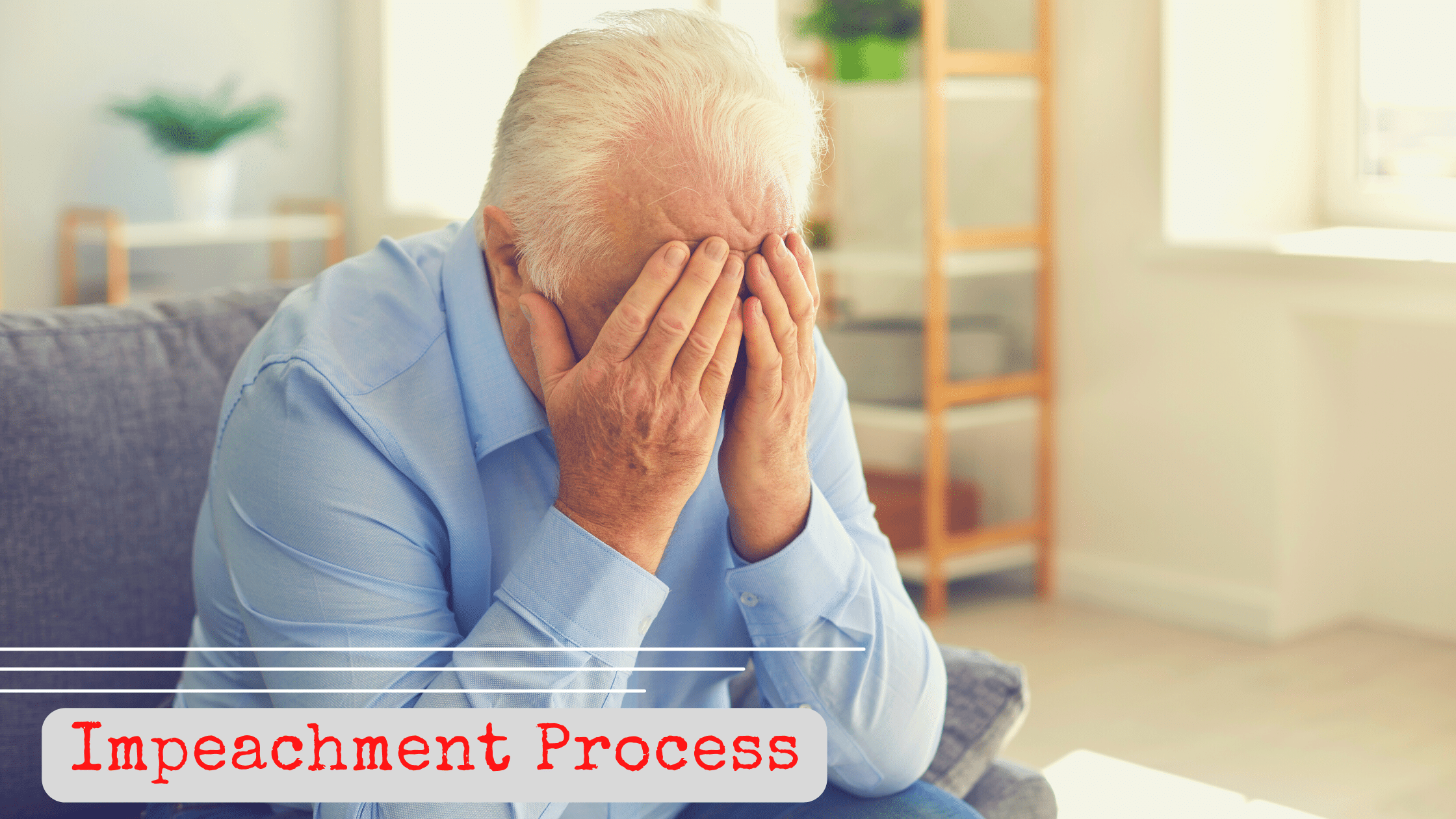








One Response
I can’t understand why Biden has not been impeached. There should be another reason for removal from office. Incompetents. Making rash decisions like leaving all our military equipment in Afghanistan. Now our best equipment has been sold to Russia and China so they can take it apart and learn what makes them great weapons. They can build equipment to counter and defeat some of our ingenuity. This was top secrete equipment that should have never been left behind. It put our country in jeopardy from a strike by an unfriendly country. It lowered our defense capability to a new dramatic low. Joe and his son have too many ties to China to let this happen and not be investigated.